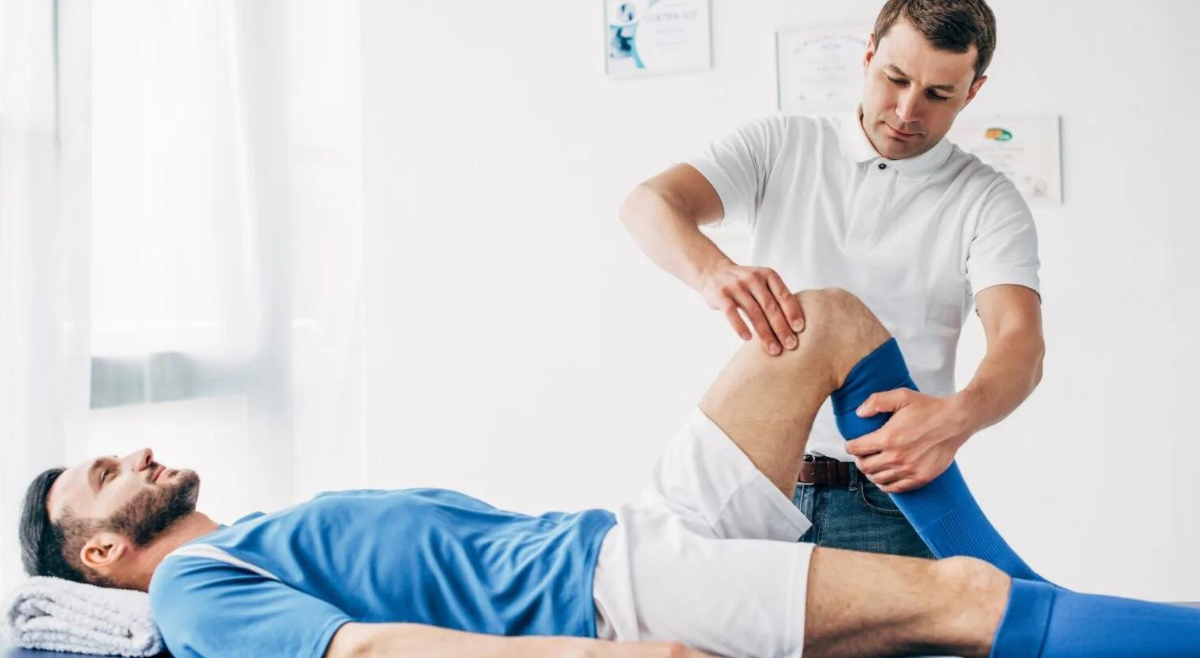Balance and stability are crucial components of physical wellness and overall well-being. They serve a critical role in daily activities, athletic capability, and harm avoidance. When an individual has good balance and stability, they are not as likely to fall or incur damages during bodily exercises. One efficient way to evaluate these qualities is through Practical Motion Screening (FMS). FMS is a tool used to analyze motion styles and recognize discrepancies or deficiencies that could lead to injuries.
Practical Motion Screening involves a series of specific tests that assess how effectively a person functions. The tests concentrate on fundamental movements such as squatting, lunge, and bending. By observing these movements, coaches and healthcare professionals can determine areas where an individual may struggle. For example, if someone has difficulty maintaining balance while performing a squat, it may suggest a need for specific workouts to enhance strength and control. This evaluation not only detects deficiencies but also helps to track progress over time.

In addition to this to identifying areas for improvement, FMS plays a vital part in avoiding harm. Many damages occur as a consequence of poor movement patterns, which can be detected through practical assessments. By addressing these issues early on, individuals can lower their likelihood of harm during athletic or other physical activities. For example, a jogger who shows an discrepancy in their stride may be increasingly susceptible to knee injuries. By correcting these discrepancies through targeted exercise programs, the likelihood of injury can be significantly decreased.
Furthermore, enhancing performance is another advantage of performing a thorough assessment of balance and stability. Sportspeople and engaged individuals often seek to improve their capability in particular activities or exercises. A thorough understanding of their movement patterns allows trainers to create customized training regimens that target particular deficiencies. By improving balance and stability, sportspeople can improve their overall performance, whether it’s jogging spine rehabilitation more quickly, leaping higher, or executing exact actions in their sport.
In conclusion, the significance of assessing balance and steadiness through Functional Movement Assessment cannot be exaggerated. This comprehensive assessment serves as a basis for enhancing physical wellness, avoiding injuries, and enhancing athletic performance. By recognizing areas of deficiency and implementing targeted exercise approaches, individuals can attain better results in their physical activities. Focusing on balance and stability not only results to better performance but also more adds to a more wholesome, more energetic way of life.